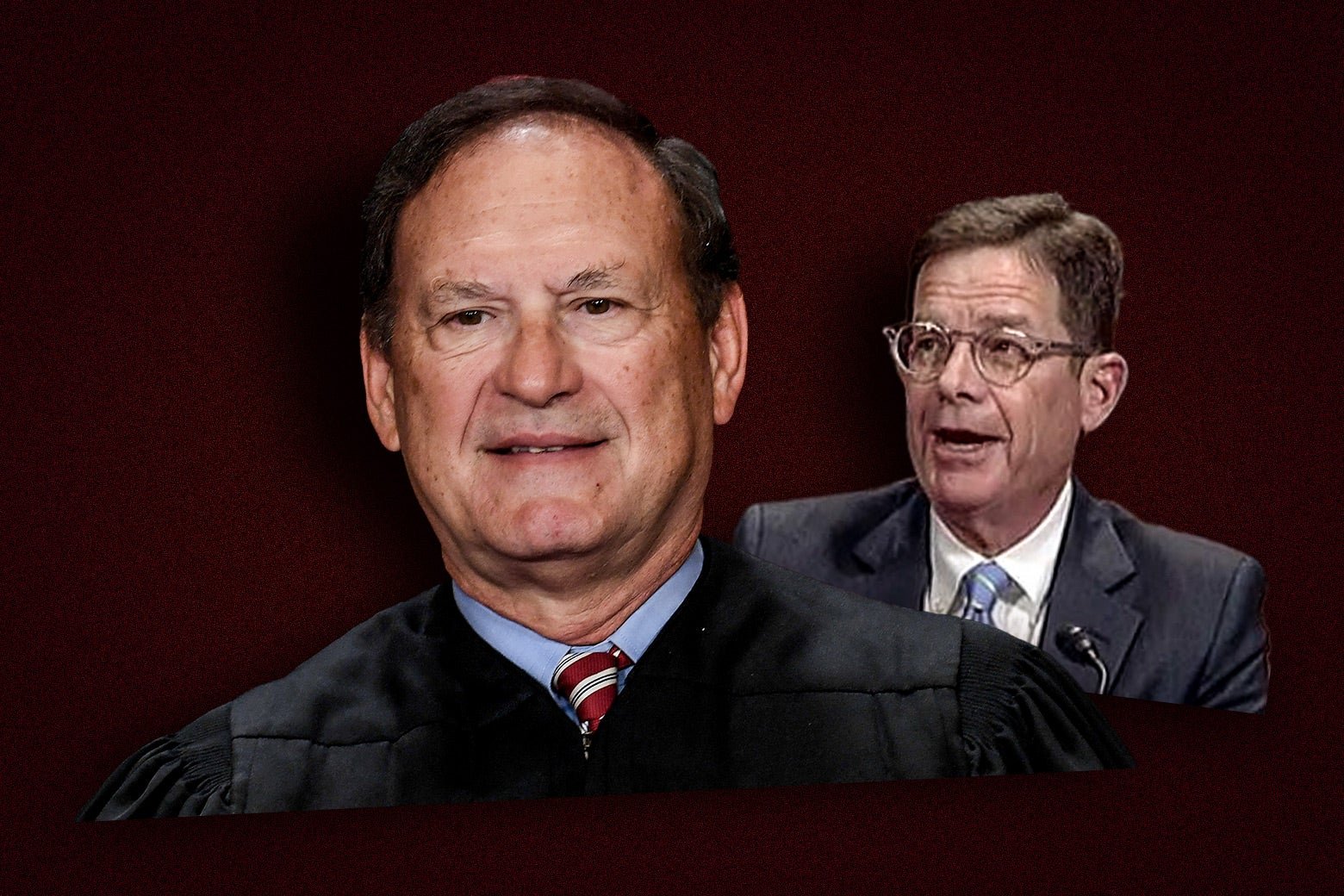When the Supreme Court overturned Roe v. Wade, it claimed to be removing the judiciary from the abortion debate. In reality, it simply gave the courts a macabre new task: deciding how far states can push a patient toward death before allowing her to undergo an emergency abortion.
On Tuesday, the U.S. Court of Appeals for the 5th Circuit offered its own answer, declaring that Texas may prohibit hospitals from providing “stabilizing treatment” to pregnant patients by performing an abortion—withholding the procedure until their condition deteriorates to the point of grievous injury or near-certain death.
The ruling proves what we already know: Roe’s demise has transformed the judiciary into a kind of death panel that holds the power to elevate the potential life of a fetus over the actual life of a patient.



Many ethical stances around abortion aren’t phrased around the right to life, because usually ethics has a pretty hard stance on that right. So the real ethical question isn’t about the unconditional right to life, It’s actually about your right to another person’s body or bodily autonomy.
Generally it breaks down to, just because a person requires the use of your body to survive does not mean you have a moral or ethical requirement to provide sustenance (your body) for that person.
Qoute from a nytimes article:
Phrasing it as right to life automatically discounts the real ethical question, does this being have a right to my body?
Thomson does directly address the right to life of the fetus in A Defense of Abortion, the underlying essay that the violinist parable comes from (it has several other allegorical arguments aside from this one that are, in my opinion, even better but weirdly don’t get referenced much). The violinist story only really addresses rape, but the others do not require a starting act of violence to make similar arguments.
She outright grants the life-from-conception argument. And argues for why it’s just not relevant by showing a series of examples that make plain the typical person’s instinct – that autonomy over your body is supreme to the right to life of another and refusing to be charitable to a stranger is not the same as murder.
In my mind, no one has ever come close to rebuking her argument, though many have tried. The fact that both pro-life and pro-choice people continue to argue about when abortion becomes unethical is very frustrating. I wish the whole “it’s just a clump of cells” crowd would shut up because that’s utterly unpersuasive to someone who believes in life from conception. It’s just a moot point. Even if the fetus is a full human being with all relevant rights from the moment of conception, abortion is still not murder; it is permissible.
I recommend the essay, it’s not a very challenging read (compared to the greater cannon of philosophical essays, at least). It’s probably been 15+ years since I last read it and it still lives strongly in my mind.